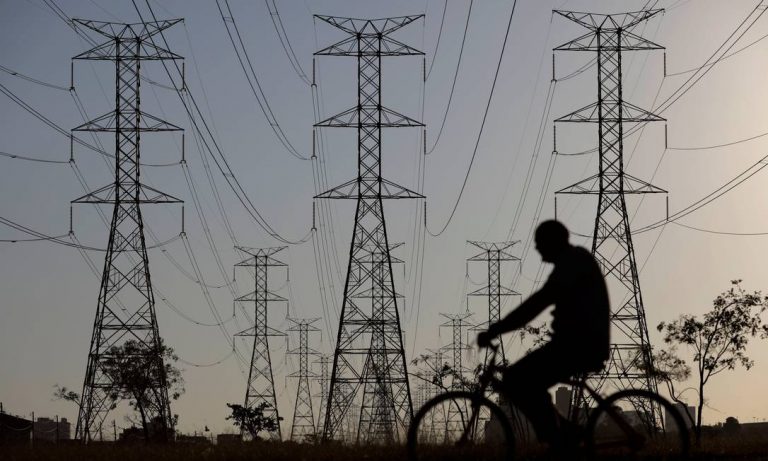RIO DE JANEIRO, BRAZIL – Minister Vital do Rêgo of the Federal Court of Accounts (TCU) asked for 60 days of access to the procedure for the privatization of Eletrobras. This tool would allow him more time to give his opinion.
The TCU is tasked with assisting Congress in its Constitutional incumbency to exercise external audits over the Executive Branch. Its members, called ministers, are appointed by the National Congress and the President of Brazil.
Critics say the attempt to postpone privatization this year will likely result in it not happening if leftist Lula da Silva and his Workers’ Party (PT), which recently formed a federation with the Communists and the Greens, officially come to power.
However, in reality, the party never really lost power. Its friends on Brazil’s activist Supreme Court STF have seen to that by blocking, vetoing, and nullifying most of the measures taken by the conservative Bolsoaro government, the first Brazilian “non-left or pro-left” government this century.
Vital do Rêgo request was approved at the Court’s meeting on Wednesday, 20, but the College only approved 20 days.
The Magistrate had already anticipated that he would ask to see it. For the Ministry of Economy, it was ideal that the approval for privatization was granted by the TCU by April 27 so that the sale was possible this year.
The technical section of the court has already ruled in favor of privatizing the company. Still, the process has been the target of lawsuits by opposition parties defending the company’s remaining in state hands.
In December, the trial began after Congress approved the privatization law, claiming the operation could cheapen electricity bills and improve power distribution.
In a justification to the court, Vital do Rêgo said there were “several weaknesses resulting from this privatization,” with “errors in economic-financial modeling” and “methodological errors according to the premises inherent in the process itself,” with “poor information about the impact of privatization on electricity bills.”
“How much more will Brazilian citizens have to pay for their electricity bills each month and in the coming years due to the sale of Eletrobras?” the minister asked. “This is not known. No document tells about it. The government didn’t do the math. There wasn’t enough time. Or, to use the words of the Minister of Economy, it did not fit into the schedule.”
In addition, he stated that “practically half of the value of the company was not used for the benefit of consumers and the public coffers” and that “it is a matter of disposing of the Union’s assets at a value lower than what they represent.
BRAZIL’S CONGRESS IS THE WORST MONEY WASTER OF ITS KIND IN THE WORLD
The capture of public money by parliamentary amendments in Brazil is unparalleled compared to other countries. Brazilian deputies and senators interfere up to 20 times more in the Budget than members of the Organization for Economic Cooperation and Development (OECD), a group the country wants to join.


